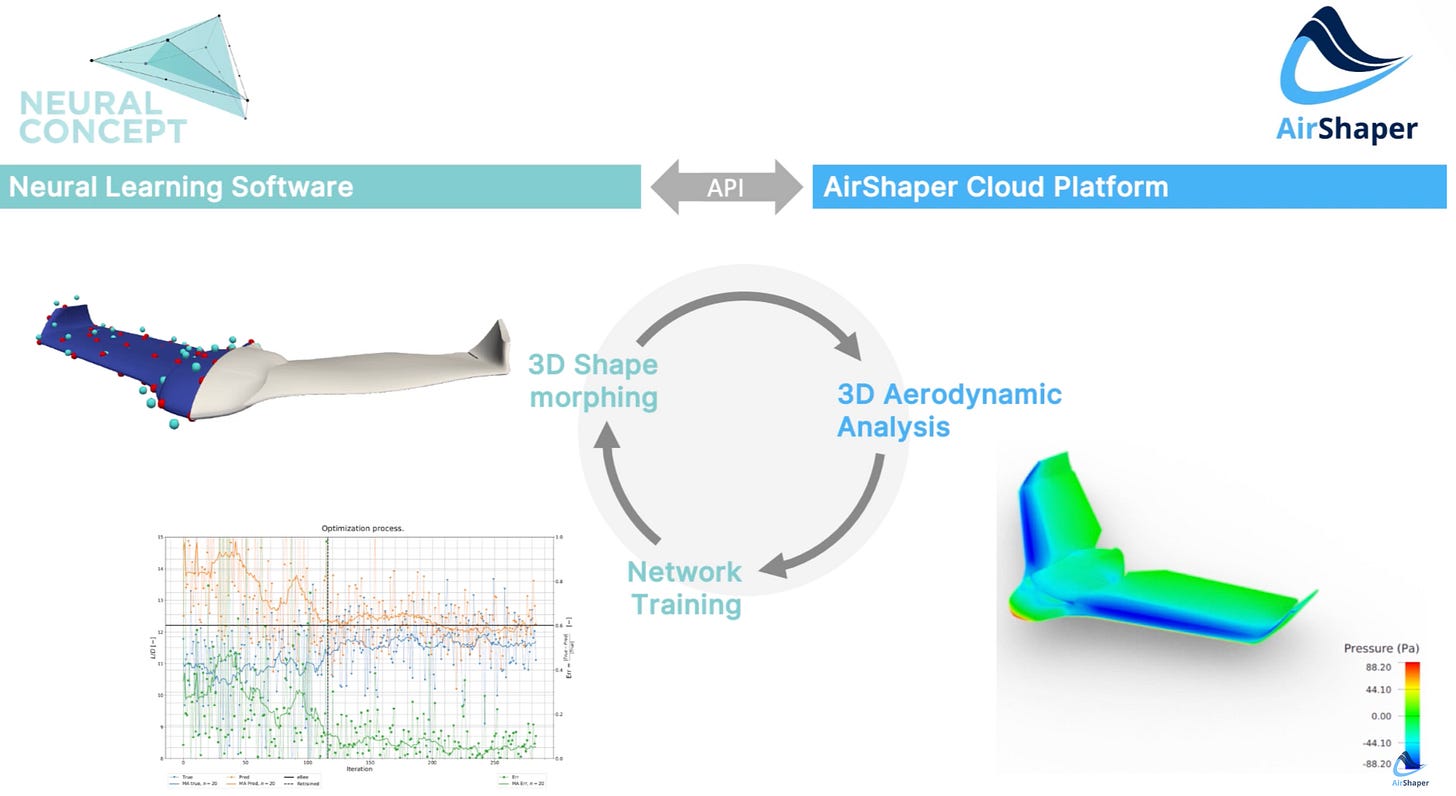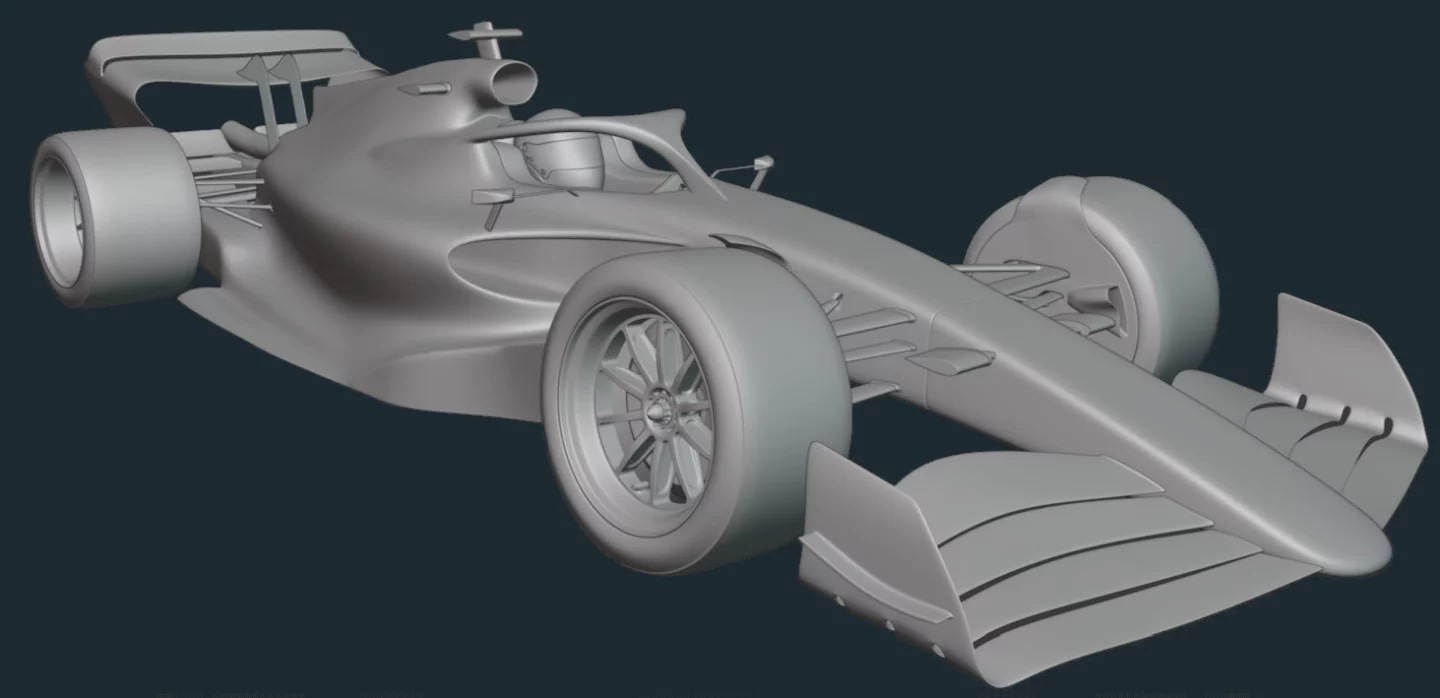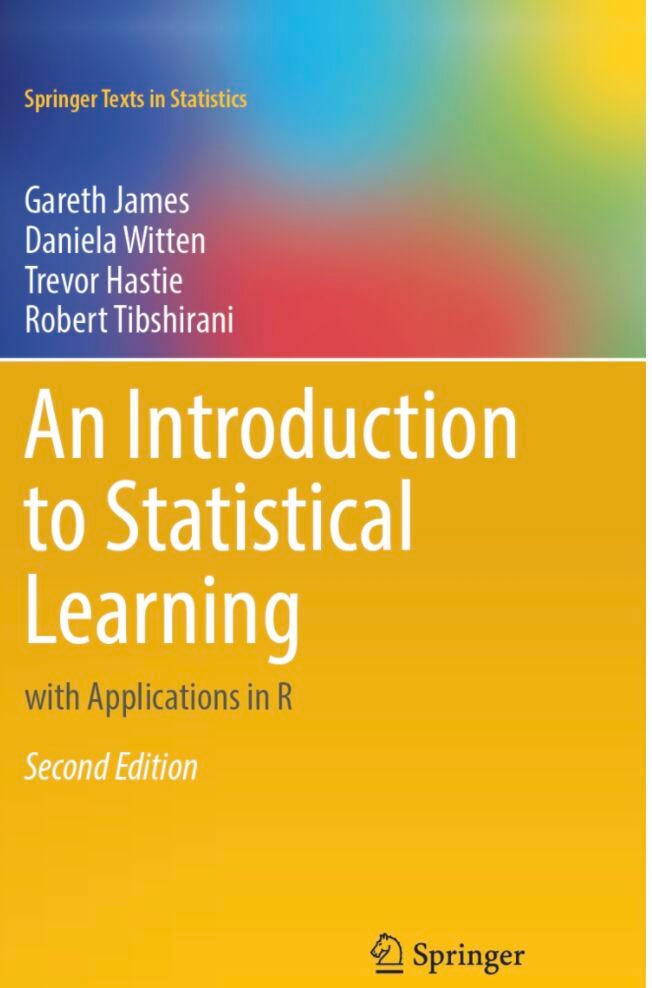ML for Aerodynamics, Crash Safety with LS-DYNA & Surrogate Modeling Toolbox
🧠 “He who opens a school door, closes a prison.” ― Victor Hugo
💻 MATLAB vs. Python vs. Julia: The Hidden Truths - Gareth Thomas
💦 Machine Learning for Aerodynamics - Deep Learning & Neural Networks applied to CFD simulations
senseFly is a Swiss drone company that wanted to improve the flight time of their fixed-wing drones. senseFly, Neural Concept, EPFL (the technical University of Lausanne - École polytechnique fédérale de Lausanne) and AirShaper teamed up to apply Deep Learning to drone design to improve the aerodynamics, as improvements to the lift/drag ratio directly extend the range / increase flight time.
💧Understand the Physics of Re-Entry Vehicles Using Numerical Modeling and Simulation
Recreating the atmospheric conditions of Mars is a challenging task. Traditional continuum mechanics assumptions are ineffective at high Mach numbers and low densities, making it difficult to replicate re-entry velocity and temperature in wind tunnels. In such situations, numerical methods and computer simulations help understand the underlying physics of re-entry vehicles.
In this detailed case study, learn about computation methodology, atmospheric chemistry modelling, and test cases for vehicle re-entry into the Mars atmosphere.
💻 Higher crash safety of composites through simulation with LS-DYNA
Crashworthiness is one of the most critical factors that every car manufacturer must take into account during the development phase of a vehicle. The safety of occupants and pedestrians depends largely on the vehicle's crashworthiness. An optimal vehicle body design for crash performance ensures that occupants and pedestrians are maximally protected in traffic accidents.
At the same time, regulations for vehicle crashworthiness are becoming increasingly stringent. To reliably and efficiently predict and demonstrate the crashworthiness of lightweight composite components, particular expertise is required to simulate highly dynamic processes and understand the composite materials used.
🧠 Surrogate Modeling Toolbox
The surrogate modeling toolbox (SMT) is a Python package that contains a collection of surrogate modeling methods, sampling techniques, and benchmarking functions. This package provides a library of surrogate models that is simple to use and facilitates the implementation of additional methods.
SMT is different from existing surrogate modeling libraries because of its emphasis on derivatives, including training derivatives used for gradient-enhanced modeling, prediction derivatives, and derivatives with respect to the training data.
🎬 Video of the Week
Reviewing the calculated results is the most critical part of any simulation. Evaluating deformation and stresses is a primary objective of our analysis, and we may need to determine our engineered design’s safety factors. However, postprocessing also helps us verify that our model setup was correct and that we don't have unexpected behaviors we can't account for. Moreover, we can compare results from different designs to evaluate the optimal configuration.
💻 Engineering Tool of the Week - Altair® Inspire™
Transform Design and Manufacturing with Simulation-Driven Insights
Altair® Inspire® is a powerful CAE tool built specifically for designers, bringing simulation and computational physics into a CAD-like environment. By seamlessly integrating geometry modeling, generative design, and manufacturing simulation, Inspire offers rapid concept exploration, performance validation, and manufacturability assessments early in the design process—bridging the gap between ideation and production. Unlike the complexity of traditional CAE tools, Inspire makes simulation accessible from the start of development, driving innovation and empowering designers to make informed decisions with ease.
📚Book of the Week
An Introduction to Statistical Learning: with Applications in R
The 2nd edition of An Introduction for Statistical Learning (with R examples) is out! The book includes code examples with #R.
The second edition includes the following topics:
- Sparse methods for classification and regression
- Decision trees
- Boosting
- Support vector machines
- Clustering
❤️ Support the Blog & Newsletter
Let’s connect on Instagram or LinkedIn!
For any business-related issues or collaborations, email me at support@jousefmurad.com!
Keep engineering your mind! 🧠
Jousef









